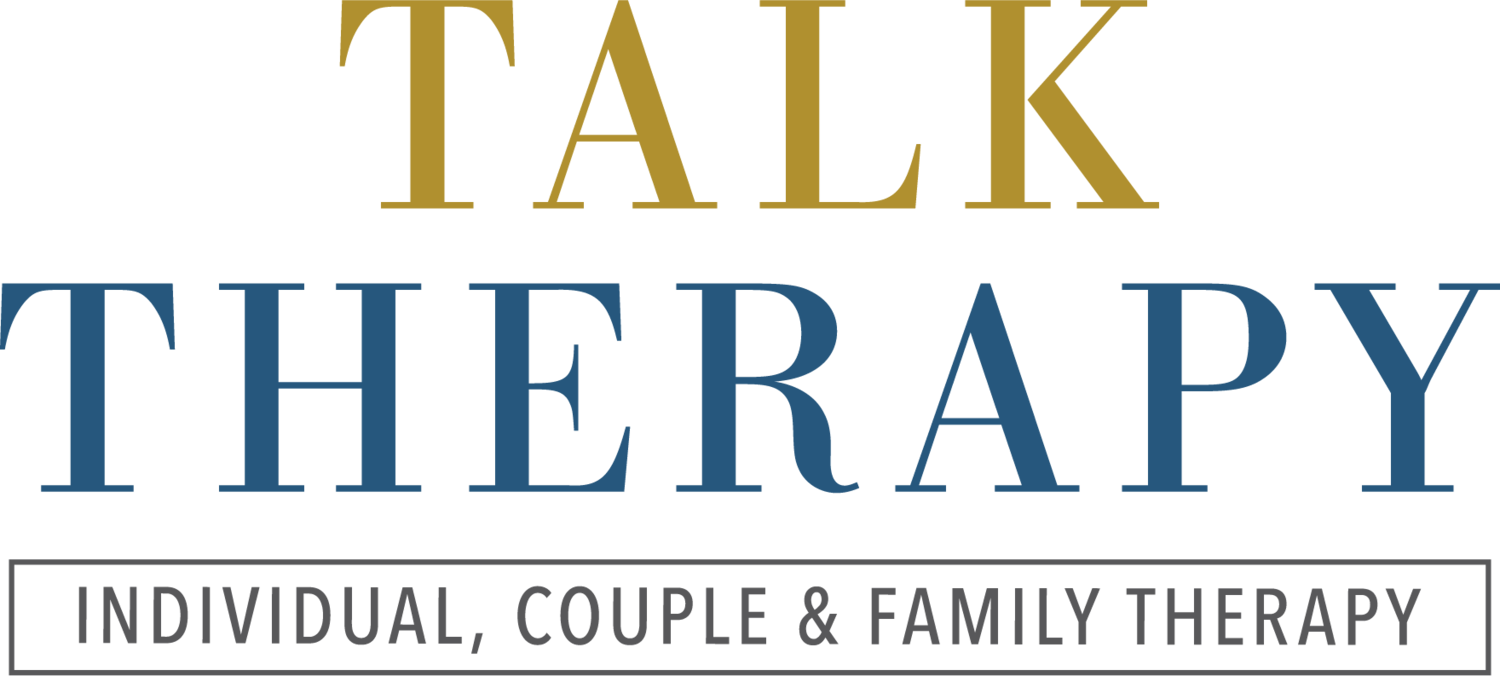The Power of Talk Therapy ... Online
For 20 years, I have had a robust Talk Therapy practice from my office in mid-town Toronto. Since the beginning of this current global health crisis, I have left my physical space and I’ve been practicing online from home.
Like all of us, I have been required to adapt to this ‘new normal’. What I’ve discovered in these past several weeks is that my practice has been as robust as ever conducting psychotherapy sessions via video chat.
In these days of social isolation, fear, abundant losses, and a multitude of challenges and disruptions, we have all become somewhat untethered. Anxiety, confusion, grief and helplessness naturally abound. Not only that, within this new reality, we still have to contend with the very same issues we experienced before the world turned upside down. They didn’t magically disappear.
Since transitioning to online Talk Therapy, I’ve learned a lot about practicing online. Above all, I have discovered that virtual therapy works well for my clients and many even prefer this platform.
Many of my clients have remarked that they like the time saving convenience of not having to travel to my office. They prefer being able to receive the same care from the comfort of their own home. Most have said that it feels the same to them. In fact, the ability to focus may be even better and many have reported that they feel so engaged in our video chats that it feels just like we're talking in person.
There is strong evidence that talk therapy can be effectively delivered online to treat a range of mental health difficulties and can result in the same client satisfaction as face-to-face therapy. Even if you feel like your mental well-being is strong, online therapy can help you become psychologically stronger.
Here are just a few of the reasons that Talk Therapy online can be an effective way to manage your stress, mood, emotional/psychological burdens and interpersonal conflict:
Talk Therapy is an interpersonal process. It’s an intimate experience that relies primarily on the strength of the therapeutic relationship between you and your therapist who needs to create a feeling of utmost trust, safety and support. This can be created online as well as in person.
Talk Therapy is a powerful way to download and unpack repressed emotions, sort through confusion, process trauma, gain mental and emotional clarity and build psychological resilience.
Talking with a professional gives us all a sense of actually doing something. There is nothing more empowering in this time of deep uncertainty than taking action, being heard, understood, validated and guided.
Talking gives us an opportunity to actually hear ourselves and ultimately adjust our thoughts and feelings.
Talking with a professional teaches us that thoughts and feelings are usually less ominous when we say them out loud to others versus thinking about them privately. A burden shared is a burden halved.
The success of talk therapy relies on the therapist being adept at reading their patients’/clients’ energy, facial expressions and body language. There is an emotional energy that happens, especially in big moments of change and clarity -- moments that I’ve witnessed as often online as in person.
I am still able to feel and experience my clients as if we are in the same room. I can just as readily sense when my clients are resisting sharing their emotions or when something isn’t being said. Being able to gently guide my clients to be open and transparent remains an integral part of the therapeutic process.
You don't need to have a clinically diagnosed condition to benefit from talking to a professional. Online therapy can provide an easy and perhaps more convenient way to get started.
When choosing a therapist to speak with online, the same rules apply as in person. Here are a few things to consider:
Look for a therapist who is licensed or registered with a governing body. All regulations, code of ethics and professional practice standards still apply, including an adherence to confidentiality and privacy.
Your therapist must take reasonable measures to safeguard information, protecting it against theft, loss and unauthorized use, disclosure, copying, modification or disposal.
Ask your therapist if they are using a platform that is privacy protected.
Above all, make sure you choose to work with someone with whom you can develop a deep level of comfort and trust.


